What records can you find at RCP, RCPCH and RCOG?
RCP: Our annals date back to 1518 and contain the names of virtually every individual who ever applied for membership of the RCP, as well as those who were accused of malpractice or breaching the RCP’s rules, at least until the mid-nineteenth century. Our organisational records also include papers from projects and initiatives the RCP has been involved with such as controlling the spread of the plague, the formation of the NHS, and research into the effects of smoking.
As well as internal documents, the RCP also holds records of individual physicians and their patients from the thirteenth to the twenty-first centuries. These include personal papers and research records of doctors such as William Allchin, Matthew Baillie, Charles Brown-Sequard, Robert Ferguson, John Hughlings Jackson and Richard Mead.
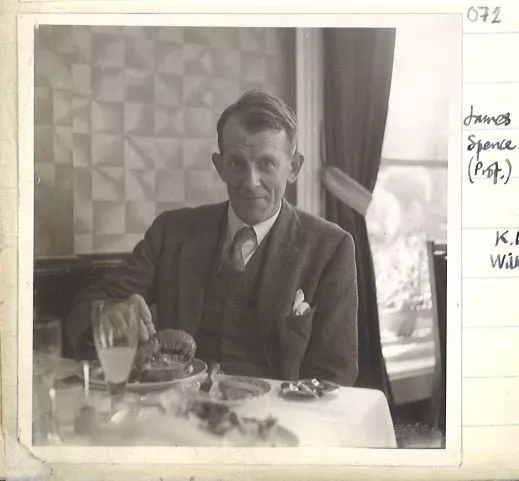
RCPCH: The British Paediatric Association (BPA) was set up in 1928 with aims of advancing child health and, in 1996, the association was granted Royal College status. Our archive holds records that documents the foundation and history of both the BPA and the College, including anything that shows the activities, events and achievements of the College. Institutional records consist of minutes of committees and working parties, policies and publications, records of membership, and information about the debate to become a College. It also holds records that show its role in paediatrics and child health, such as its work with other organisations and in major child health campaigns and cases.
RCOG: The Royal College of Obstetricians and Gynaecologists (RCOG) is one of the oldest medical royal college in the UK. Its archive charts the history of obstetrics, gynaecology, midwifery and maternal health care from the 16th century to the present day. We hold the recorded memory of the College, starting from its foundation in 1929 by some of the most prominent obstetricians and gynaecologists in Britain, whose main goal was to reduce the tragically high levels of maternal mortality across the British Empire.
In 2010, the RCOG became home to the archive of The Royal College of Midwives (RCM). The RCM was founded in 1881 in a bid to "raise the efficiency and improve the status of midwives and to petition parliament for their recognition". Their work was finally recognised in 1902, with the passing of the Midwives Act. Together, the archive collections of the RCOG and RCM form one of the world’s richest repositories of information relating to the history of women’s health.
What’s your favourite record or collection?
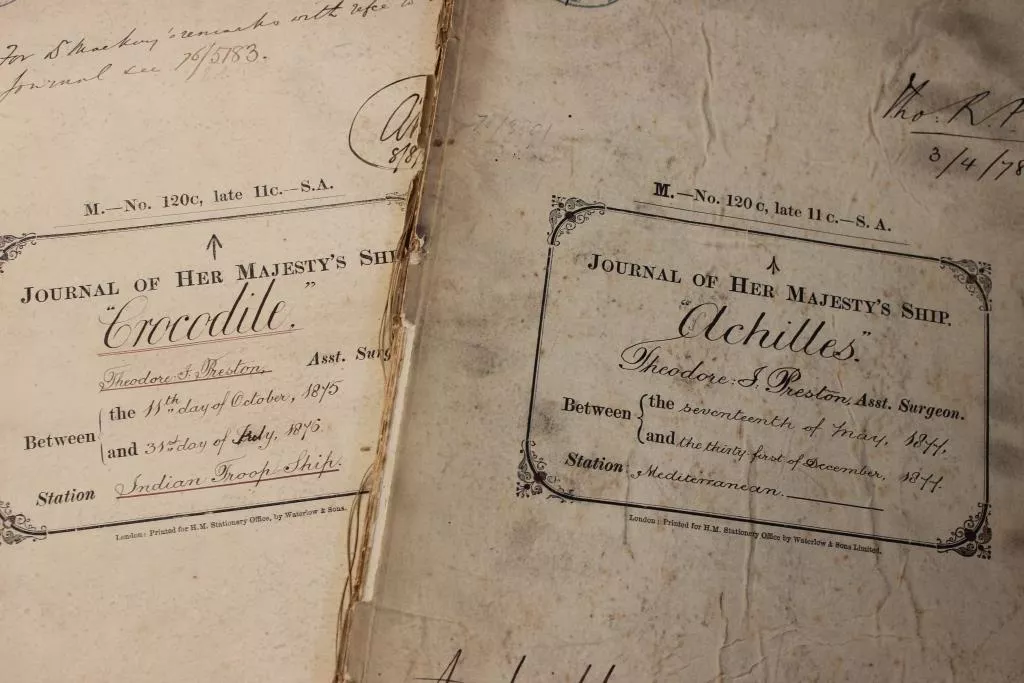
RCP: Impossible to pick, really, but I’ve chosen Theodore Preston’s journals from his time as a Royal Navy assistant surgeon aboard the HMS Crocodile and HMS Achilles in the 1870s. Theodore was kept busy treating a range of ailments such as diarrhoea, incontinence, pneumonia, rheumatism, heart disease, and scurvy, as well as gruesome injuries including spinal damage, swollen testicles and a severed arm.
As well as medical information, the journals contain Theodore’s insights into life onboard ship, observations of society in Mumbai, Malta and other places visited, and his illustrations of what he sees on the voyage. The names, ages, and roles of the crew members Theodore treated are all recorded, so you get a strong sense of the people onboard and their experiences.
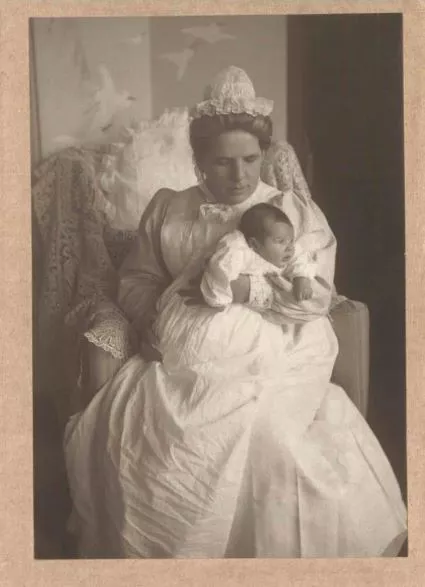
RCPCH: I love finding the human stories in records and luckily, I’ve found plenty of these at the RCPCH. I’ve come across countless candid photographs of the founding fathers of the BPA at early meetings, notes about how a 1939 Annual Conference ending with a lot of name-calling, and, in a report on convalescent homes during the war, a little boy’s declaration that he didn’t like the fish pudding (but only after he’d had three helpings – just to be sure!). It’s nice to see that we’re not so different to people who lived a hundred years ago.
There are also some interesting records from when the BPA arranged a joint meeting with the Canadian Paediatric Society, which had some eventful planning as the Canadians allowed women members, while at the time, the BPA did not. The BPA decided to allow the female members to attend and in 1944, began admitting women members themselves.

RCOG: How could I choose? The RCOG is incredibly lucky to have archived so much of its early history. The foundation of the RCOG was a turbulent time, with the new College facing resistance from the medical establishment. Letters exchanged between the College’s founding members are lovingly filed, indexed and preserved.
One of the standout pieces is the handwritten copy of the College oath composed by Blair-Bell in November 1925, a full four years before the College was officially established.
From the RCM side, the diaries of Harriett Simpson Cater (1853-1937) were a special addition to the College’s collection. Harriett was a nurse and midwife who attended some of the most eminent families in Britain. Her collection also features correspondence with her family, testimonials from the mothers she helped through labour and photographs of herself with some of the babies and children she cared for.
What’s the strangest thing you’ve found in your collections?
RCP: When my colleague was sorting through the personal papers of Victorian paediatrician Samuel Gee, she found amongst them a vellum document in Latin that appeared to be much older than nineteenth century. It turned out to be a land deed dated 4 November 1205! The deed relates to land in Northumberland and bears the seal of King John. We have no idea how the document ended up in the possession of Dr Gee, but it was an exciting discovery and we displayed the document as part of our 2015 exhibition, Power and beauty: seals, charters, and the story of identity.
RCPCH: Food! A packet of infant nutritional mix that expired in 1991 (five years before we received College status!) was found with our breastfeeding records, and remains very much unopened.
RCOG: A conspicuous addition to our collection is an 17th century ‘Arabic manuscript’, which is in fact number of manuscripts in Farsi bound into a single volume. It includes a circular calendar or almanac, a reproduction of the zodiacal man showing the sites of injuries and disease and indicating the most favourable sites for application and treatment, a diagram of the seven planetary circles, and a number of sonnets.
What’s a day in the life at your archive?
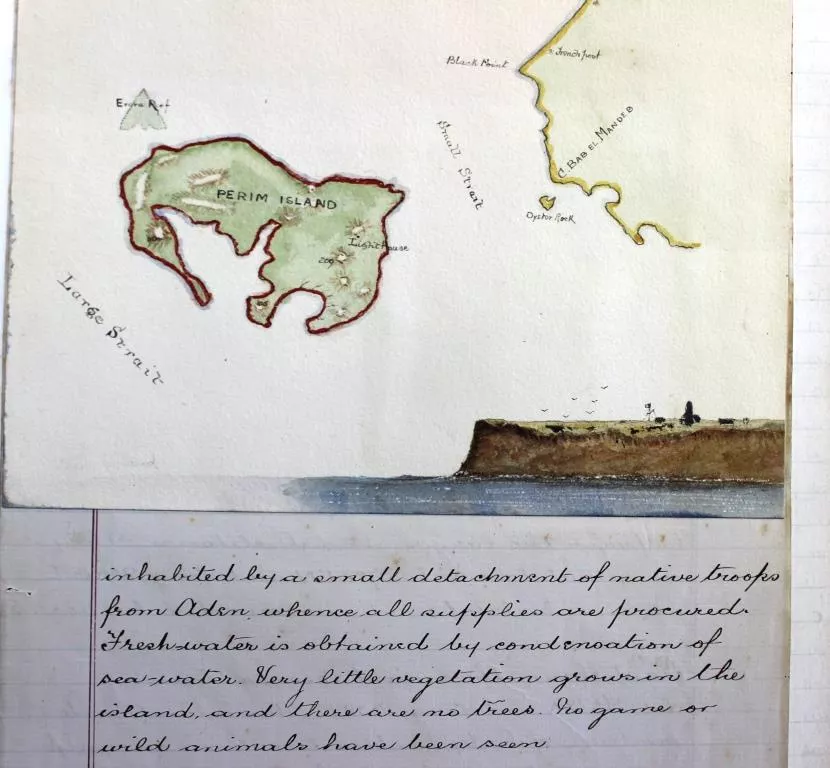
RCP: There are two full-time archive staff and we collaborate closely with our library and museum colleagues to answer research enquiries, deliver tours and events, assist visitors and researchers, promote our collections and services on our weekly blog and other social media, select items for exhibitions, develop a website for the RCP’s 500th anniversary in 2018, supervise volunteers and interns, and consult on revisions of policies and procedures. Current projects include the digitisation of parts of our collection, including our major collections of anatomical illustrations and global healthcare questionnaires from 1829; producing an online index for our annals; developing procedures for managing born-digital records; and reviewing our services prior to applying for archive accreditation. Occasionally, miraculously, there is even time for cataloguing!
RCPCH
The main part of my job is cataloguing the RCPCH collection so it can be more accessible to the College and researchers. There’s a lot of digging around in boxes, taking out rusty staples and paperclips, repackaging material to prevent any degradation so the documents last as long as possible, and entering the information into our cataloguing database so it’s easier to find relevant material. Once the material is catalogued, our online catalogue can be updated.
I also answer enquiries from staff, members and the public, and look after researchers who come to see our records. I manage any donations of historical value we get, revise any policies or procedures to do with the archive, and use social media to share stories and important records, as well as change our display case.
RCOG: I work part-time, so my first port of call when I enter the office is our store rooms. I do my rounds checking their security and general tidiness, as well as their environmental conditions and the potentially creepy contents of the pest traps.
With a quick cup of coffee, I move on to checking my emails. We receive over two dozen enquiries a month from inside and outside the College.
Our library and heritage team meets regularly to catch each other up on projects and collaborate on events. Recently we delivered an exhibition during a two-day conference marking the 50th anniversary of the Abortion Act.
I also help supervise the library reading room, assisting visitors with everything from finding journals to charging their phones!
I close the day by checking the stores are locked and the keys are back! If it’s a nice day, I may cut through Regent’s Park on the way home.
What events you have done as part of Explore Your Archive week?
RCP: We held an event yesterday to mark World COPD Day, in which we displayed records relating to lung health over the last 400 years. Visitors got to handle documents such as a seventeenth century family recipe book containing a ‘cure’ for tuberculosis, Edward Jenner’s dissection casebook, and cuttings volumes showing reactions to the RCP’s 1962 report about the effects of smoking. On display were spectacular post-mortem illustrations of the bodies of patients with lung diseases, photographs of early use of ‘iron lung’ machines, and reports relating to the health of coalminers.
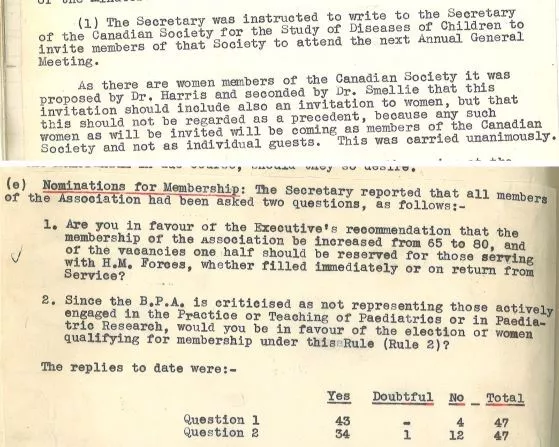
RCPCH: This week, we invited a class from the local primary school to come and learn about archives and take part in activities to explore the past, present and future of child health. We used the records in our collection to look at child health in history and made medieval remedies for common illness, such as headaches and earache, and compared them to modern day cures. We also looked at food ingredients and discussed upcoming initiatives about sugar, and the group had the opportunity to ask visiting paediatricians questions. Finally, we made a time capsule of what the group hope child health will be like in the future and how they think it can be achieved.
I also held a popup museum displaying 21 records from all aspects of the history of the College and BPA in celebration of the RCPCH’s 21st birthday and had a competition where staff guessed the year four photographs were taken.
RCOG: My predecessor, Penny Hutchins, held a very successful Explore Your Archive Week in 2014, where she invited Stephen McGann of Call the Midwife fame to view some of the College’s heritage collections in person. It even featured on BBC Breakfast.
In 2016, we delivered exhibition on the more personal side of the RCOG’s founding fathers. Our ‘Many Charming Letters’ exhibition in the RCOG Library showcased personal letters exchanged between William Blair-Bell and William Fletcher Shaw up to the time of the former’s death. Some of the exhibition’s content was featured on our blog.
Where can I find more records relating to medical history?
All the medical royal colleges have archive collections; there is a guide to the holdings of some of them here. The Wellcome Library has a large collection of relevant records. If you are looking for papers of a particular medical practitioner, it is worth contacting the university they attended or other institutions they were connected to, to see if their records are there.
Great Ormond Street Hospital archive and the Institute of Child Health are also great places to find out about the history of child health.
Collections relating to wartime are a great source of information, particularly for developments in 20th century medicine as many medical professionals volunteered their service during both world wars. The period was also a crucial moment in women’s history. Several early female Members of the RCOG, RCS and RCP served with the Scottish Women’s Hospitals during the First World War, and with military hospitals, such as Endell Street.
Online resources for searching the collections of multiple institutions at once are The National Archives’ Discovery portal, Archives Hub, and AIM25.
Find out more about the RCP Archive and RCOG Archive.









